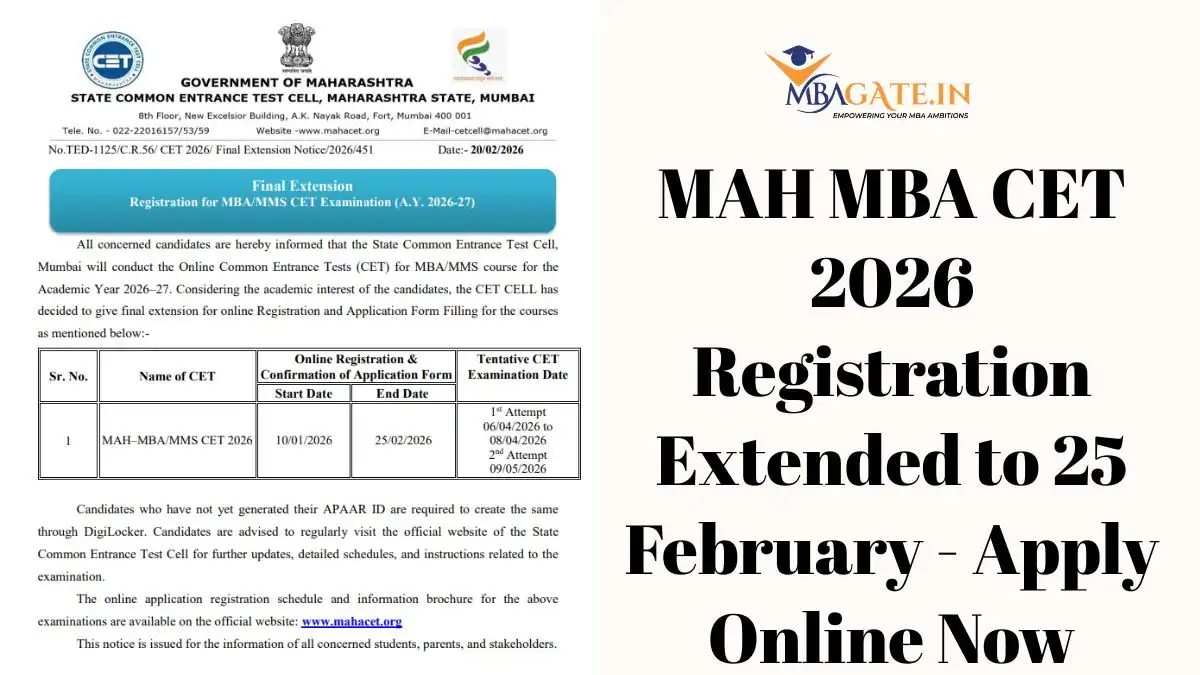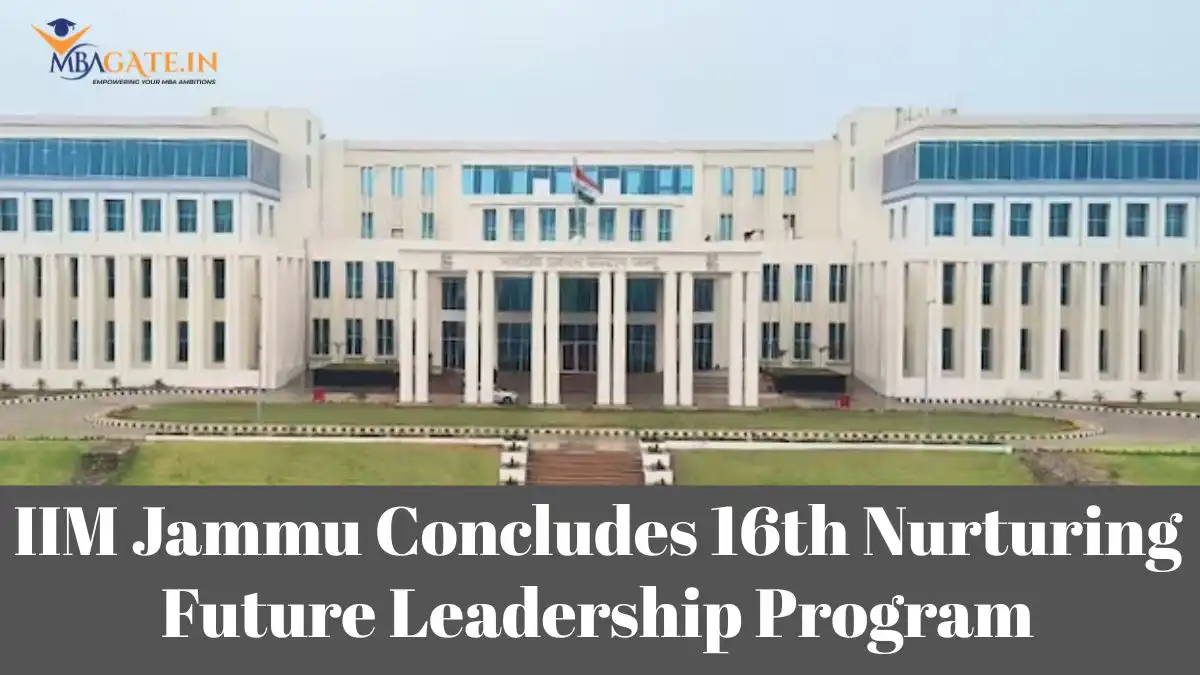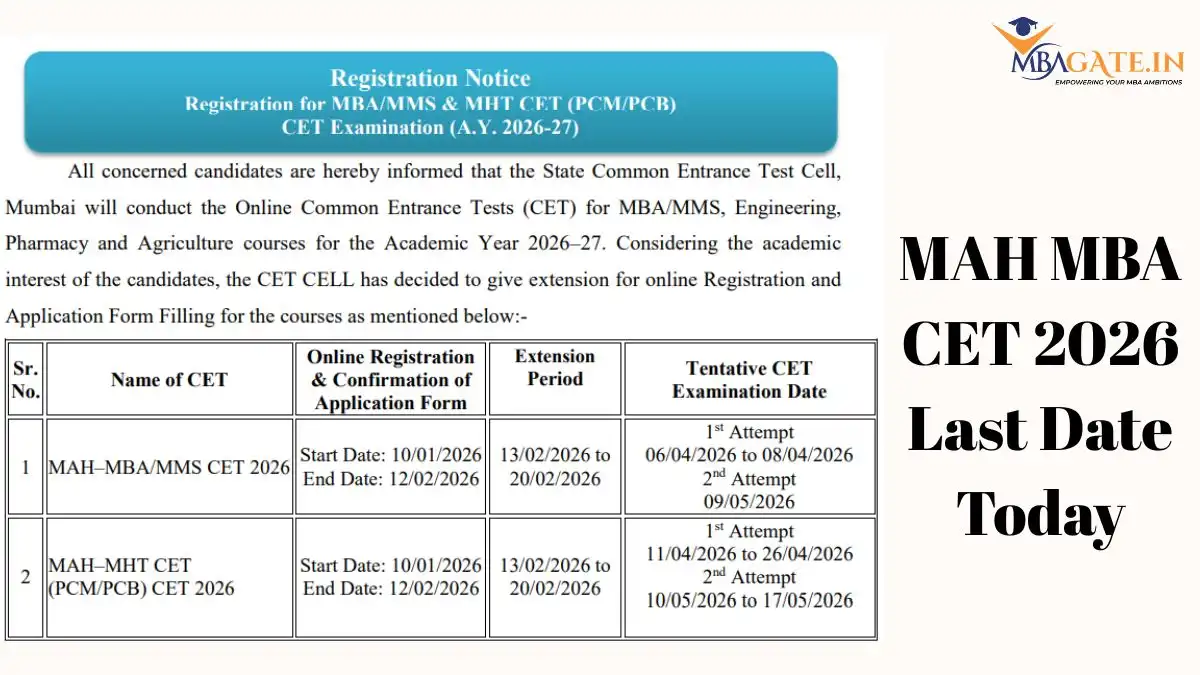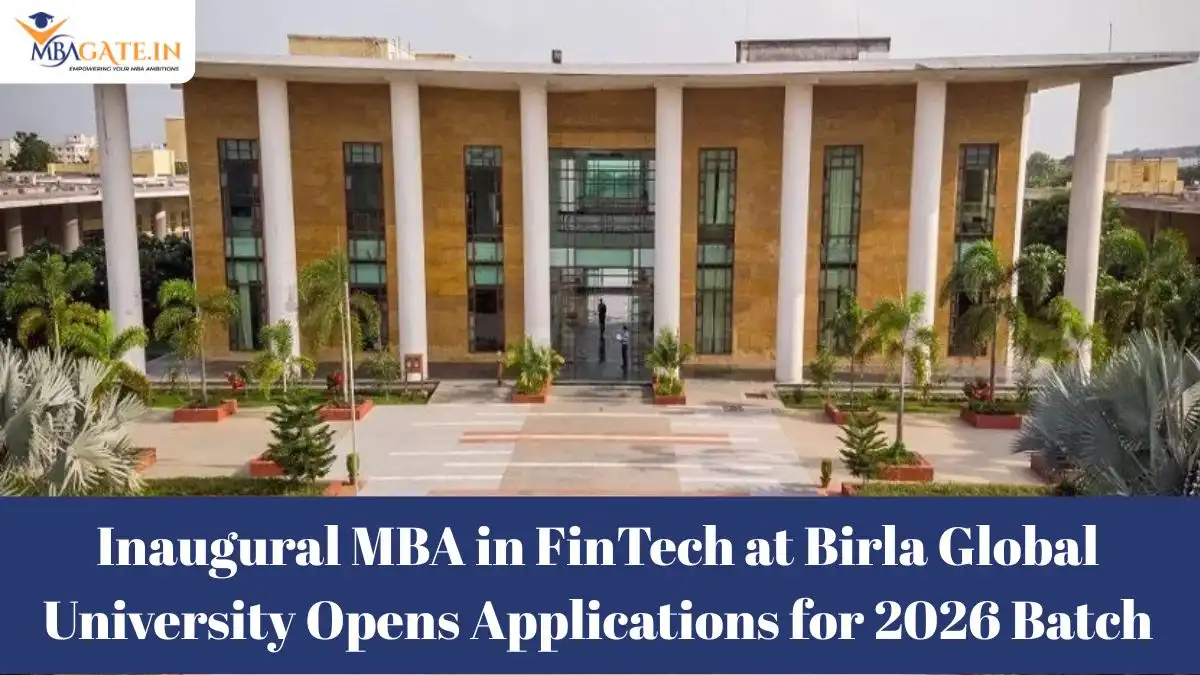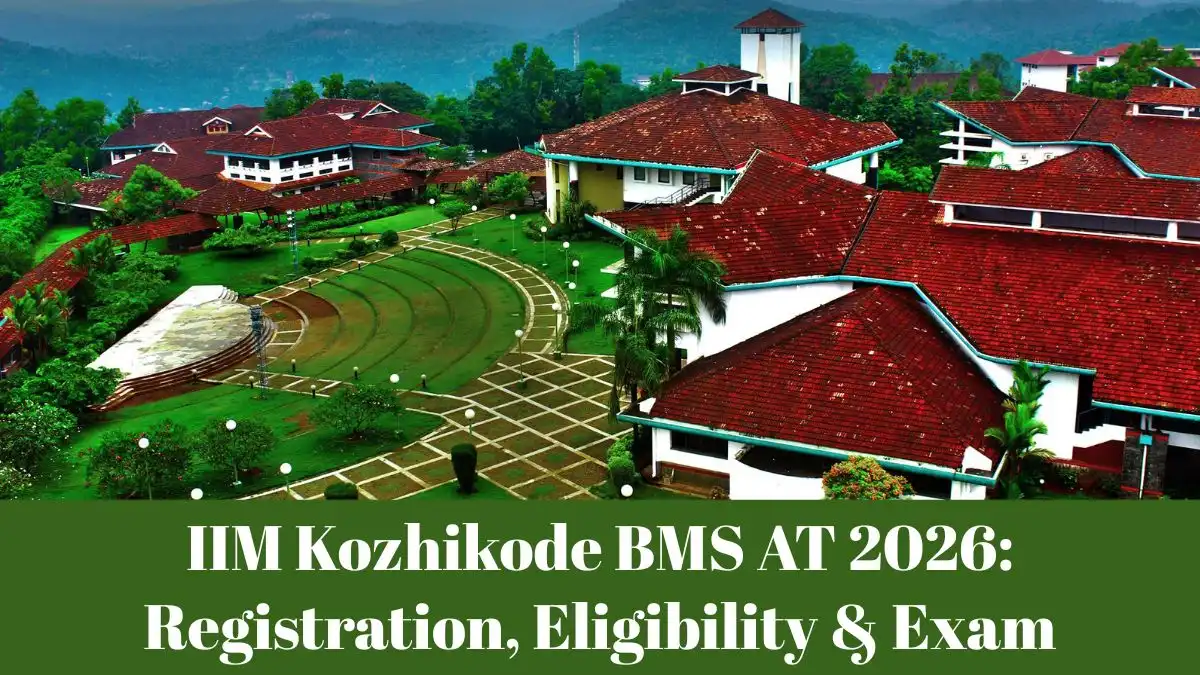IIM Rohtak Discusses the Strategic Role of Human Resources in a Global Setting during its Annual Human Resources Summit in 2025
Table of Content
-
- + more items Show less
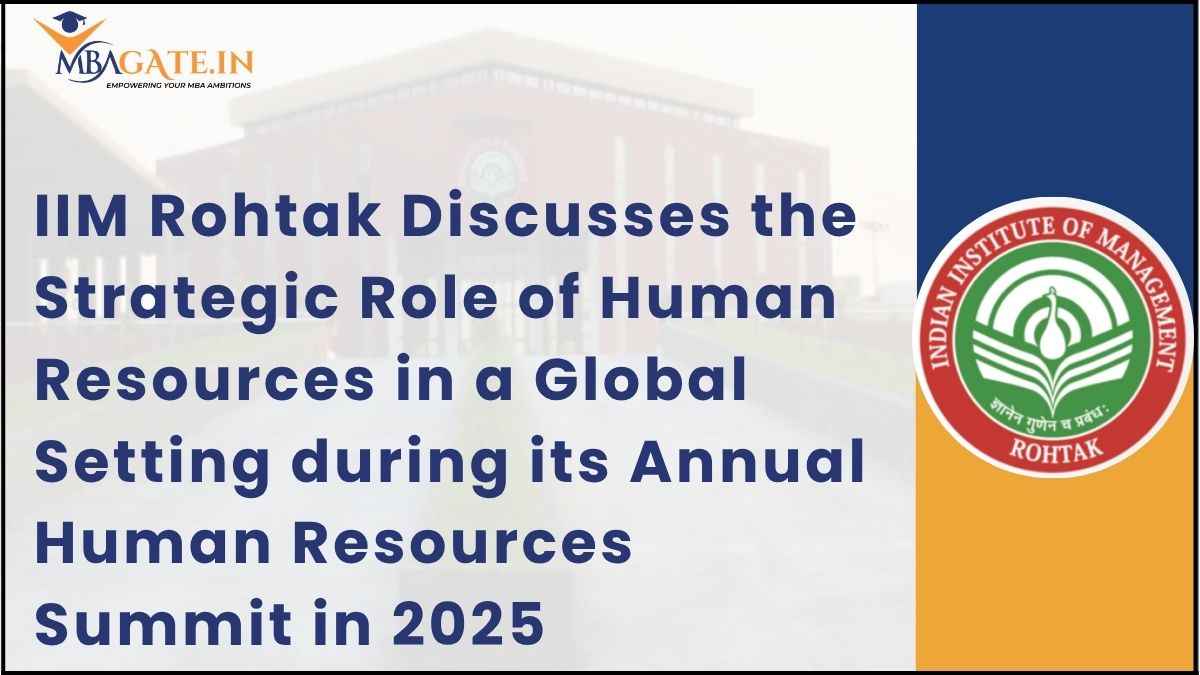
IIM Rohtak’s Director Prof. Dheeraj Sharma welcomed the summit with an inaugural address in which he highlighted the importance of consistent adaptation within an uncertain and evolving environment. He highlighted the need for inclusive policies, the construction of workplace functions and a conscious effort to balance technical innovation against human values. He also highlighted how government policies have assisted India in making a shift from the economy of scarcity to one where there is greater opportunity and abundance. In looking back at his achievements, he said, We are no longer a nation defined by scarcity. The question now is, how do we keep people motivated and aligned in an age that provides comfort and choice while also introducing new complexities? This outlook set the tone for the day, challenging participants to reflect on how the changing needs of leaders and HR professionals are impacting their work.
The first panel, Redefining Leadership: Navigating Complexity, Change and Collaboration, considered how leadership is changing from the old hierarchical styles to a more adaptive, emotionally intelligent approach. One of the speakers said, Leadership today thrives in uncertainty. It is about enabling creativity, staying ethical and bringing people together for a shared purpose. Panellists also underlined that contemporary leadership is about enabling others to thrive amid uncertainty and fast change.
The second panel, Distance, Diversity & Direction: The New Rules of Global People Management, addressed the realities of global and diverse teams' management from a distance. From cross-cultural engagement to talent fluidity, there was an accent on the importance of applying people practices in the context of the world. The panels showed the increasing importance of organisations remodelling people management from a context of empathy and flexibility.
The third panel, Future-Ready Talent: Building Capacity for Disruption, was all about the competencies to stay ahead in the midst of high-speed technological and organisational transformations. The panellists highlighted the requirement of internal mobility, flexibility, problem-solving and a digital-first mindset. One of the speakers spoke about how top firms leverage AI-driven platforms to analyse personal skill deficits and facilitate customised learning paths. The discussion highlighted the need for upskilling within organisational culture since it enables workers to overcome problems and adjust to ongoing change.
The third session, Leading with Why: Embedding Meaning into Metrics, considered how purpose-led frameworks can alter the evaluation and perception of performance throughout organisations. The panellists discussed how linking metrics to employee experience, culture, ESG objectives and sustainability can lead to more resilient teams and improved business results. They highlighted the importance of redefining success in terms of long-term effects and social responsibility, as opposed to mere money. The panel ended with a call to action for leaders to adopt practices that not only measure achievements but also motivate them.
During the course of the summit, the students were actively engaged in a range of discussions on leadership, change and workforce strategy. The discussion was tightly linked with Prof. Dheeraj Sharma's discussion, highlighting the need for the HR function to be adaptive, ethical and forward-looking in light of global issues. The summit was an enriching learning experience, opening up participants' minds to how HR can drive organisational success in a rapidly changing environment.
IIM Rohtak, which is an Institute of National Importance and AMBA-accredited has a student population of more than 1800 and is placed in the top 2% of global management schools. The Institute stands at 12th position in the NIRF India Rankings 2024 and in the 151+ band of the QS World University Rankings, highlighting its increasing role in academic and policy leadership.


